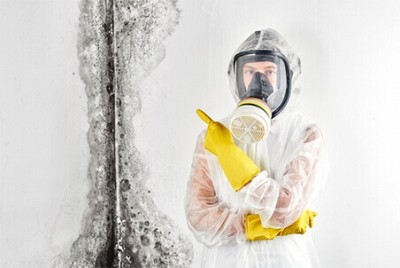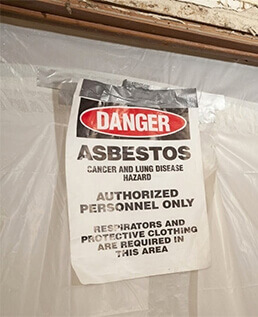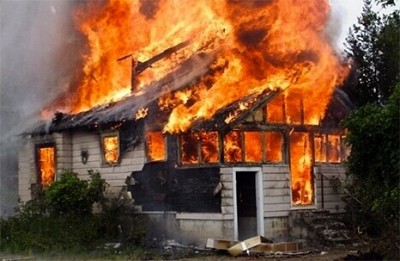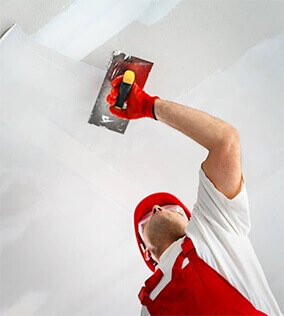Asbestos Awareness for Montreal Homeowners
Posted in Asbestos Removal, on September 24, 2021
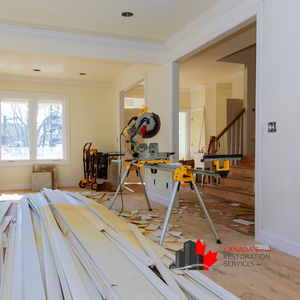 Asbestos was commonly used in commercial and residential properties until the 1990s when it began to be phased out through government regulations. In fact, Quebec had been home to the most asbestos deposits in Canada and the location where the mineral was first mined. A widespread ban on the mineral was finally put into place in 2018, which virtually prohibited asbestos use in common building materials. However, this ban does not mean that asbestos fibers cannot be found within homes. In most cases, the mineral still lurks beneath the surface. To determine whether there is an imminent risk in your home, asbestos testing services in Montreal are available.
Asbestos was commonly used in commercial and residential properties until the 1990s when it began to be phased out through government regulations. In fact, Quebec had been home to the most asbestos deposits in Canada and the location where the mineral was first mined. A widespread ban on the mineral was finally put into place in 2018, which virtually prohibited asbestos use in common building materials. However, this ban does not mean that asbestos fibers cannot be found within homes. In most cases, the mineral still lurks beneath the surface. To determine whether there is an imminent risk in your home, asbestos testing services in Montreal are available.
Asbestos testing in Montreal empowers homeowners to learn where asbestos exists on their property and understand the level of risk they face. With this information on hand, homeowners can stay safe and proceed with timely asbestos removal. If you even have a slight suspicion that asbestos may be present, contact Canada's Restoration Services for asbestos testing services in Montreal.
Why Asbestos Was Popular?
Asbestos usage peaked in the 1970s and 1980s, seeing as it was affordable, accessible, and could be used in a wide variety of building materials to improve strength, heat resistance, and durability. During its tenure as the most popular building material, there was little awareness and understanding of the illnesses and health risks associated with it.
Asbestos was used in most building materials in residential homes and commercial buildings, especially in vinyl tiles, duct systems, plumbing, insulation, roof shingles, and ceiling tiles. Asbestos provided strong heat resistance, flexibility, and strength; essentially, it was indestructible on its own.
When Is Asbestos Dangerous?
Although undisturbed asbestos isn't immediately hazardous, there is still a risk as long as it is on your property. Asbestos fibers can become disturbed and airborne very quickly — all it takes is some human interaction or even a natural weather event, like a wall demolition or a tornado, to cause airborne asbestos fibers. As such, prevention is the best solution. Professional inspections and asbestos testing in Montreal will provide fast insight into the state of asbestos on your property.
If the property is free of asbestos, then you can carry on with your maintenance, and if the mineral is detected, Canada's Restoration Services can provide efficient and comprehensive asbestos removal, guaranteeing your health and safety.
Friable vs. Non-Friable Asbestos
Friable asbestos is when an asbestos-containing material (ACM) is dry and loosely packed — basically, it can be crumbled or broken down with ease — and can be found in soundproofing and insulation. The delicacy of friable asbestos almost guarantees asbestos exposure.
Non-friable asbestos can be found in all sorts of places around your property, like vinyl tiles, roofing products, and even in textured paint. Non-friable asbestos is packed and sealed into the material, making the chances of it crumbling and becoming friable much less. Unless you're actively demolishing vinyl tiles, the possibility of exposure is less likely than with friable asbestos. Click here > To learn more differences between Friable and Non-Friable Asbestos



